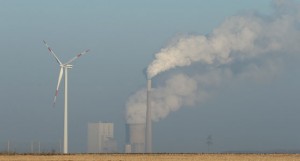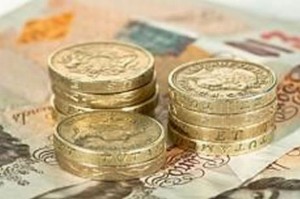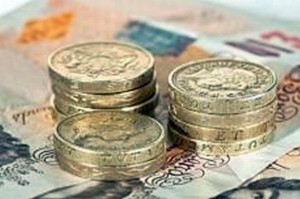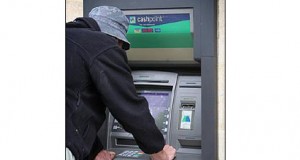 Following an investigation E.ON has agreed to pay £12m to vulnerable customers, after Ofgem found it had broken energy sales rules. E.ON has also committed to compensating any customer that it missold to, including automatic payments to some vulnerable customers.
Following an investigation E.ON has agreed to pay £12m to vulnerable customers, after Ofgem found it had broken energy sales rules. E.ON has also committed to compensating any customer that it missold to, including automatic payments to some vulnerable customers.
Read more from Ofgem here.
The agreed redress package reflects the harm caused by E.ON’s extensive poor sales practices carried out between June 2010 and December 2013.
As part of this package E.ON has agreed to:
•Pay around £35 to 333,000 of their customers who are normally recipients of the Warm Home Discount. This redress package will benefit pensioners, disabled and low income families
•Additionally, make automatic payments to some vulnerable customers who may have been affected by E.ON’s poor sales practices
•Set up a dedicated hotline 0800 0568 497 and compensate all consumers that it missold to
•Write to around 465,000 customers it has identified through its redress work, informing them of how to get in touch to find out whether they were missold to.
 BT has commissioned independent research to try to establish the social
BT has commissioned independent research to try to establish the social The Keep me Posted campaign have carried out research with the Centre for Economics and Business Research (CEBR) into the additional costs of being offline, which shows that people who are not online pay £440 more per year. Read more
The Keep me Posted campaign have carried out research with the Centre for Economics and Business Research (CEBR) into the additional costs of being offline, which shows that people who are not online pay £440 more per year. Read more  The FCA said 45,000 customers of the UK’s biggest payday lender would be compensated after it found that letters threatening legal action from non-existent law firms had been sent to customers, in an attempt to boost collections by increasing the pressure on people in debt. In some cases customers had been charged for the letters.
The FCA said 45,000 customers of the UK’s biggest payday lender would be compensated after it found that letters threatening legal action from non-existent law firms had been sent to customers, in an attempt to boost collections by increasing the pressure on people in debt. In some cases customers had been charged for the letters. A
A  Royal Bank of Scotland and Lloyds have announced that are lifting their restriction on their basic bank account holders using ATMS provided by other banks. This means all customers of RBS, Natwest, Lloyds, and TSB should be able to use the whole network by the end of this year. This reverses a controversial decision to which restricted access to ATMs for basic bank account holders.
Royal Bank of Scotland and Lloyds have announced that are lifting their restriction on their basic bank account holders using ATMS provided by other banks. This means all customers of RBS, Natwest, Lloyds, and TSB should be able to use the whole network by the end of this year. This reverses a controversial decision to which restricted access to ATMs for basic bank account holders. Ofgem has analysed differences in price between different payment methods used by consumers following an information request to suppliers in February 2014. It has found that the gap between prepayment and direct debit has narrowed since 2009. Read more
Ofgem has analysed differences in price between different payment methods used by consumers following an information request to suppliers in February 2014. It has found that the gap between prepayment and direct debit has narrowed since 2009. Read more  Following an investigation E.ON has agreed to pay £12m to vulnerable customers, after Ofgem found it had broken energy sales rules. E.ON has also committed to compensating any customer that it missold to, including automatic payments to some vulnerable customers.
Following an investigation E.ON has agreed to pay £12m to vulnerable customers, after Ofgem found it had broken energy sales rules. E.ON has also committed to compensating any customer that it missold to, including automatic payments to some vulnerable customers. The Welsh Government is asking for views on its water strategy.
The Welsh Government is asking for views on its water strategy.  for more. The tariff modelling undertaken by CSE demonstrates the potential impacts of a ToU tariff on different consumers’ bills. It shows that the types of customers that benefit from ToU tariffs will depend on their current usage as well as how they respond and the types of ToU tariffs on offer.
for more. The tariff modelling undertaken by CSE demonstrates the potential impacts of a ToU tariff on different consumers’ bills. It shows that the types of customers that benefit from ToU tariffs will depend on their current usage as well as how they respond and the types of ToU tariffs on offer.